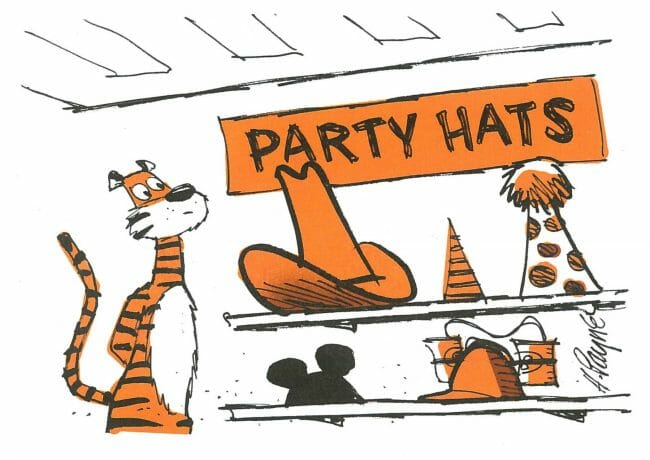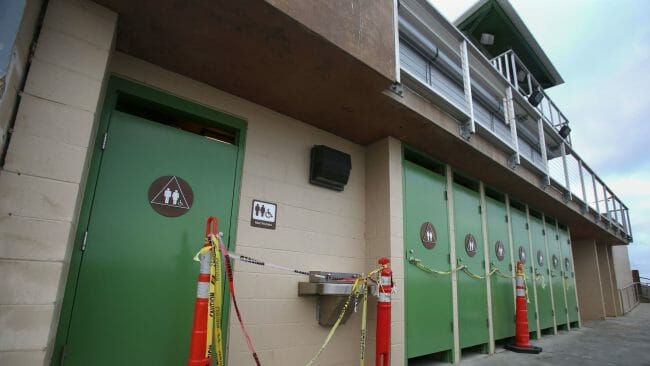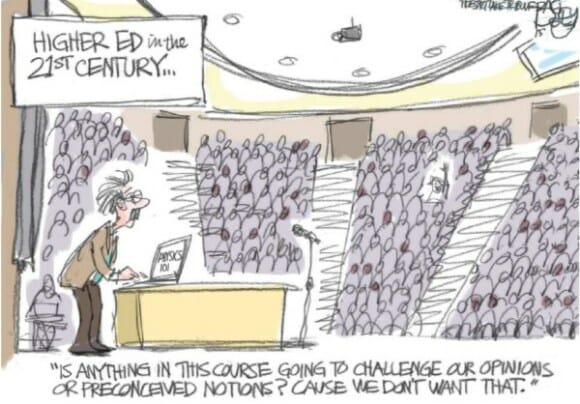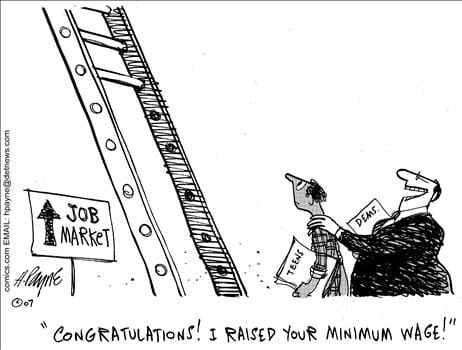Ellen Pao's supporters are blaming her departure from Reddit on sexism, despite the fact that the much of the opposition to her inside Reddit resulted from her termination of a popular female employee. I don't know what is inside her head of course, but after reading her piece in the WaPo, it sure doesn't look like she blames anything she did at Reddit for her failure there.
It is certainly possible to build a case that her decision-making at Reddit was ham-fisted and reactionary and not what the organization needed. I am the first to acknowledge that the dialog over large swaths of Reddit is toxic, but that is not a new thing. The odd bit to me is that Pao seems to have jumped right into the fray and immediately started swinging randomly. Why? What was the rush? I have never heard of a new leader jumping into an organization and immediately firing off culture-changing orders (there are a few exceptions to this, such as there-are-only -6-weeks-of-cash-in-the-bank crises, but this was not one of those). Even if you think you know what ails the company, you have to show the organization some respect and talk to a lot of people first. To me, it looked like a classic impatient arrogant technocrat's mistake -- but what does she think? Does she acknowledge error at all, even privately?
I say all this because I know quite personally what it is like to fail in business, and more importantly, just how very hard it is to acknowledge that such failure is one's own fault. To explain it, I have to give some background that will seem self-promoting.
I was always top in my class at school. I had my choice of Ivy League schools to attend, and graduated Princeton just a few hundredths of a GPA point (on the north side of 4) from being top of my department. Five years later, I did graduate first in my class at Harvard Business School. I write all this to say I entered the business world with supreme confidence.
The first signs of trouble were there in my very first job, though I only see them now. The engineering work at Exxon was easy, but I tended to drag my feet on tasks that required I seek out and pull together coalitions of experts. Ditto for my consulting work at McKinsey, where my analytical work and modelling were first-rate but my client building work was mediocre.
It was hard, really impossible at this point in my life, to accept I was failing at something. Even McKinsey's sending me to executive charm school (I kid you not, such things exist) was not a wake up call. I KNEW my analysis was awesome. I figured that was all that mattered. McKinsey was instead seeing an ADD guy with awkward people skills who would wander around the room eating off the side-board while in a formal meeting with a Fortune 25 CEO.
Things finally fell apart when I was working for a guy, really a legendary guy, named Chuck Knight at Emerson Electric. Again, I kept telling myself the analytical work I was doing was awesome, and I am sure it was. But even I couldn't fail to figure out that somehow my other people skills were totally wrong for corporate America.
And even then, when the organization made it abundantly clear I was not going to get any further promotions, pressing my face against the glass so to speak, I STILL could not fully face reality. I blamed my failings on a culture clash and similar things. You have heard this before -- "I left that company because it was totally screwed up." But it wasn't screwed up. It was a very solid, well-managed organization and a great place to work for the right people.
I was allowed to continue to avoid reality because I continued to fail upwards, getting an even larger job at a new company after Emerson based on my academic record and ability to do fabulous interviews (don't ask me why as an introvert I could do interviews but not one-on-one business discussions with my superiors, or why I thrive at speaking to large audiences but can't handle a cocktail party -- I don't know).
Again, at a large aerospace company, I had more great insights but little impact on the company. I created this awesome presentation -- it is still the best description of how profits are and are going to shift within the aerospace industry I have ever seen -- but I was being paid to do stuff that improved this year's sales and it wasn't happening (though to be a little fair to myself, making change in the aerospace business is a bit like trying to turn an aircraft carrier by pushing on the prow with a fishing boat).
It took me a couple more jobs and a taking a year off around the age of 40 to finally acknowledge all of this. After the pain of accepting failure, though, things really improved. I thought about what I did well and what I don't, and built my own company in large part based on those insights. Examples: Sales in my business are based more on creating huge, analytical written bid documents rather than face-to-face persuasion. Management is more about creating a great process and implementing that process consistently in scores of locations using technology and training. Most importantly, I am the boss, and many of my past interpersonal failures had to do with interacting with people with more authority, of which there are none in my company.
I don't deny that women or people of color in business likely face obstacles I have never faced, and I long for a world where that will no longer be true. But in trying to be sympathetic to women and people of various races and the discrimination they face, we also may be doing them a disservice, making it harder for them to gain self-awareness of their own abilities. After all, if I had been able to play the race or gender card as an excuse, I likely would never have gained what self-awareness I have today.






